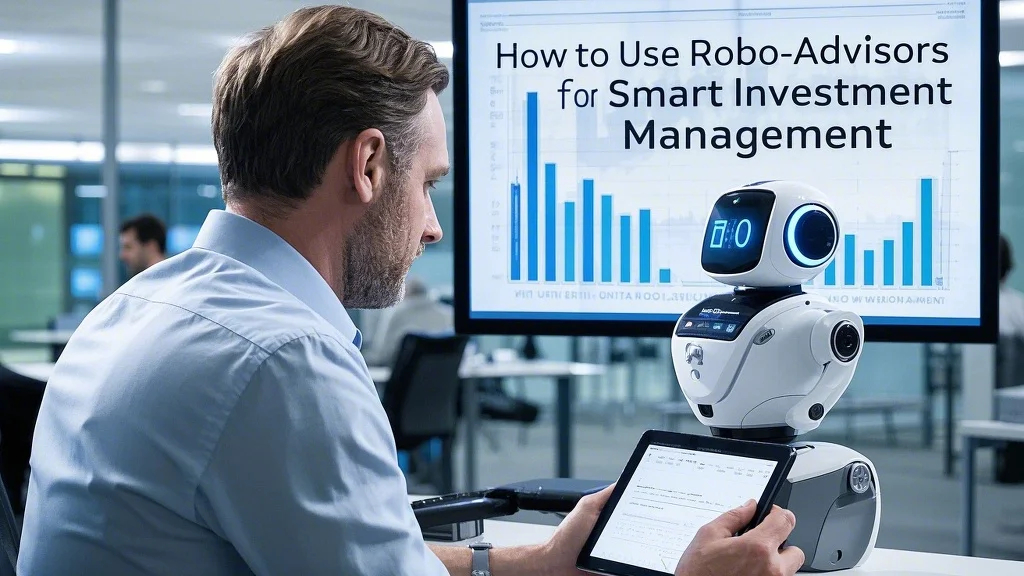The Evolution of Personal Finance Technology
The world of fintech apps has undergone remarkable transformation, offering sophisticated solutions that rival traditional financial advisors. In 2025, these applications combine artificial intelligence with behavioral economics to create truly personalized money management experiences. What began as simple budgeting tools have evolved into comprehensive platforms that can analyze spending patterns, predict cash flow shortages, and even negotiate bills on your behalf. The best personal finance tools now seamlessly integrate all your financial accounts while using bank-level encryption to keep your data secure. Many apps have moved beyond basic functionality to offer features like automated savings algorithms, investment portfolio rebalancing, and even credit score optimization. This new generation of financial technology puts professional-grade tools in the palms of everyday consumers, democratizing access to wealth-building strategies that were once exclusive to high-net-worth individuals.
Cutting-Edge Budgeting and Expense Tracking
Modern budgeting apps have transcended simple spreadsheets, offering real-time insights into your financial health with minimal manual input. The leading platforms now use machine learning to categorize transactions automatically, identify spending trends, and alert you before you overspend in any category. These smart financial tools can sync with virtually all financial institutions, giving you a unified view of your finances regardless of how many accounts you maintain. Some innovative apps now offer predictive budgeting, using historical data to forecast monthly expenses before they occur. Others provide “financial health” scores that consider not just your spending but also your saving habits, debt levels, and investment activities. The most advanced solutions even incorporate geofencing technology to deliver spending alerts when you enter high-expense locations like shopping malls or car dealerships.

AI-Powered Wealth Management Platforms
The newest generation of wealth management apps combines robo-advising with human expertise to create hybrid financial planning experiences. These platforms analyze your complete financial picture – including assets, liabilities, income streams, and goals – to provide tailored investment recommendations. Many now feature conversational AI that can explain complex financial concepts in plain language and answer specific questions about your portfolio. The most sophisticated fintech apps in this category offer tax-loss harvesting, automatic rebalancing, and even direct indexing strategies that were previously only available to institutional investors. Some platforms have begun incorporating alternative investments like cryptocurrencies and private market opportunities, giving retail investors access to asset classes that were once out of reach. These tools particularly shine for millennials and Gen Z investors who prefer digital-first solutions but still want professional-grade financial guidance.
Specialized Tools for Debt Management
A new category of personal finance tools has emerged specifically to help consumers tackle debt more strategically. These applications go beyond simple tracking to actively help users optimize repayment strategies based on interest rates, balances, and cash flow. The most innovative smart financial tools in this space can negotiate with creditors for lower interest rates, automatically allocate extra payments to the highest-cost debts, and even predict how lifestyle changes would accelerate debt freedom. Some apps now integrate with credit counseling services, while others use gamification to keep users motivated throughout their debt payoff journey. For student loan borrowers, specialized platforms can analyze income-driven repayment options, forgiveness programs, and refinancing opportunities to identify the most advantageous strategy. These solutions are particularly valuable in the current high-interest rate environment where efficient debt management can save thousands in unnecessary interest payments.
Integrated Financial Ecosystems
The frontier of fintech apps lies in creating fully integrated financial ecosystems that handle everything from daily spending to long-term wealth building. These all-in-one platforms combine banking services, investment accounts, insurance products, and lending solutions under a single interface. The best wealth management apps in this category use open banking APIs to provide a holistic view of your finances while offering intelligent recommendations to improve your financial position. Some now feature “financial GPS” systems that guide users through major money decisions like buying a home, changing jobs, or starting a business. Others incorporate social features that allow families to coordinate financial goals or enable peer-to-peer comparisons (with privacy controls) to benchmark financial health. As these platforms mature, they’re beginning to incorporate predictive analytics that can warn users about potential financial pitfalls months before they occur, truly revolutionizing personal financial management.
Security and Privacy Considerations
As personal finance tools become more powerful, understanding their security measures has never been more important. The leading applications now employ military-grade encryption, biometric authentication, and behavioral monitoring to detect unauthorized access. Many smart financial tools offer insurance protection against unauthorized transactions and use tokenization to ensure your actual account numbers are never stored on your device. Some platforms have introduced “privacy modes” that hide sensitive financial information when screensharing or using your device in public. The most secure apps now provide detailed permission controls, allowing users to specify exactly what data can be shared with third parties and for what purposes. As open banking becomes more prevalent, understanding these security features and reading the fine print about data usage policies will be essential for anyone using financial technology to manage their money.



